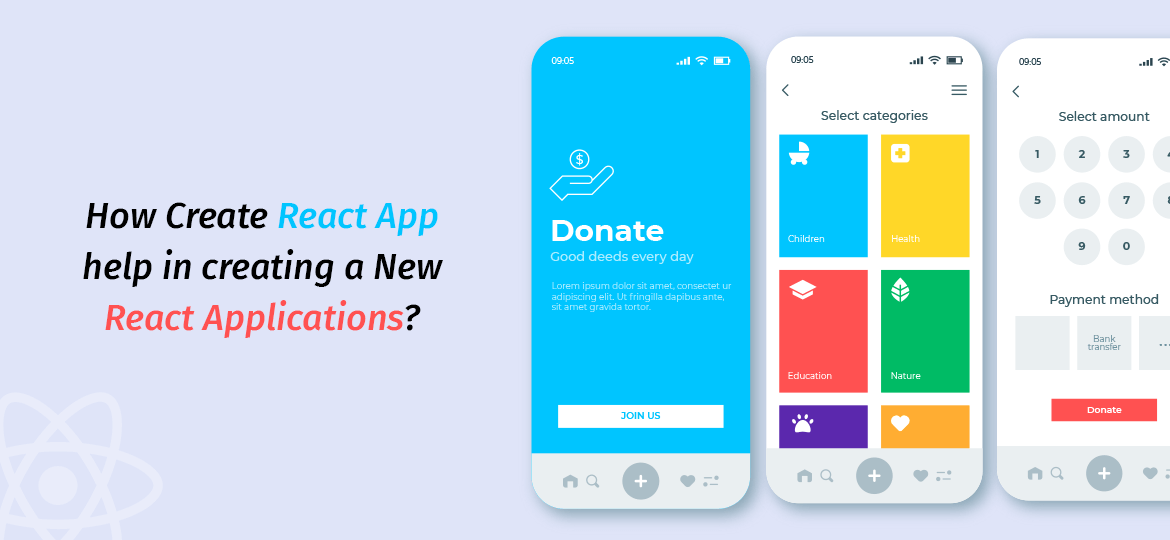
In 2011, Jordan Walke and his team have developed React.Js, a JavaScript library for us with some notable changes. It brought together the speed of JavaScript and a new way of rendering pages, leading to responsive and dynamic user input. After two years of release, the team has announced open-sourced React.Js which helps them to increase the popularity and then after they have released react native.
React native is much similar to React.JS but there are some differences that you need to know before creating your application. Here, I am going to give you an overview of both React JS and React Native which will help you to get a fair idea of their individual strengths and how they are different from each other.
React.JS
React.Js is basically responsible for creating a hierarchy of UI components. It can be referred to as React OR ReactJS. It provides support for not only Front-end but also for the server-side. In MVC architecture, React.JS is just a V part because as previously said Rect.JS is meant for rendering views only.
Advantages of working with React.JS
- During the react js development, a developer can reuse the code that saves a lot of time of development.
- It improves the speed of debugging.
- Rendering of pages from the server to the browser can improve the SEO of web applications.
- You can get all the benefits of each expansion in the Java language. It is fully supported in React.JS
- Even who are not familiar with React, they can easily learn it because React is simply a readable JavaScript library. Many frameworks require learning the detailed concept of a framework which is very time-consuming while React is fully opposite.
React Native
React Native is a framework that is responsible to create a native application using JavaScript. It complies with native application development. Therefore, it is possible for you to create a native application with React Native. In React Js, React is a base abstraction of React Dom and on the other side in React native, React is also a base abstraction but of React native only. Let’s have a look at the business advantages of React Native so we can easily compare React and React native.
Advantages of React Native:
- React native comes with all the benefits that you get in React.JS. Thus, you will get benefits for better UI as well.
- React native allows you to reuse the same logic on a different platform so you don’t need to write separate code for iOS and Android when they share the same logic.
- By knowing about JavaScript, platform API’s and some native UI elements, many front-end developers can be a mobile application developer.
- React native comes with a native module and native components that help to improve the performance.
- Whenever you want to implement React native in your current application, you don’t need to change the whole code. You can simply add React native UI components into an existing application.

Concetto Labs helps to React JS and React Native
In short, React is a framework for creating a web application using JavaScript while react-native provides a full platform to build React JS, and React Native is a JavaScript library that can be used for building high performing UI layer. Therefore, React.JS is perfect during the creation of an effective UI of your web interface, and React Native is idle when you want to create a native mobile application.







 Indonesia
Indonesia
 Botswana
Botswana
 USA
USA
 Italy
Italy
 Panama
Panama




 USA
USA UK
UK Saudi Arabia
Saudi Arabia Norway
Norway India
India Australia
Australia